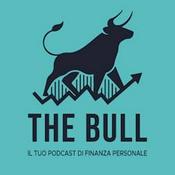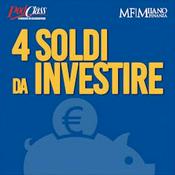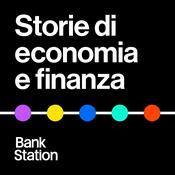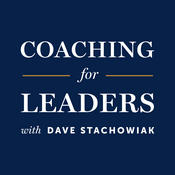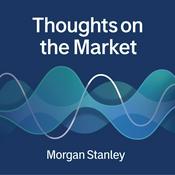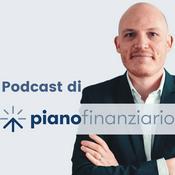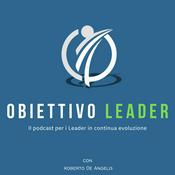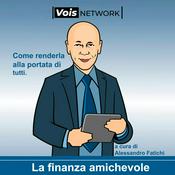297 episodi
S7 Ep6: Gender inequality in labour markets: Why growth and education are not enough
04/02/2026 | 33 minAlmost everywhere, women have less economic power than men, and earn less at work. Their commitment to childcare and work in the home gives them less spare time than men, as well as less recognition for the value of what they do.
In another episodes based on the new book The London Consensus, published by LSE Press, Barbara Petrongolo of the University of Oxford, who one of the authors of the book’s chapter on Labour markets and gender inequality, and Ashwini Deshpande of Ashoka University, who wrote a response discuss with Tim Phillips whether there is a consensus on policy – and way to implement it – in this area.
Download The London Consensus. https://www.lse.ac.uk/school-of-public-policy/research/london-consensus- Agricultural yields across sub-Saharan Africa are falling. We can create better seeds, fertilisers and insecticides which has the potential to increase agricultural yields. But what stops that potential being realised? We put a lot of attention on how to influence the behaviour or the choices of farmers, but what can policy also do to help the firms, large and small, that provide the inputs that farmers use?
Hope Michelson of the University of Illinois is one of the authors of a new review of agricultural input markets. She tells Tim Phillips about the important gaps in our knowledge of how those markets are working. - The new book The London Consensus is a large and very comprehensive successor to the Washington Consensus that dominated policymaking during the 1990s. It attempts to capture where the Washington consensus fell short, and suggest better policy for development.
One area in which we need better policy is basic education. Despite the success of programmes to build and equip schools, outcomes are not improving. Pritchett’s chapter in The London Consensus examines the learning crisis and suggests what policy can do about it. He tells Tim Phillips that there are no short cuts – but examples from around the world show that solutions are possible. - Labor markets in poor countries are very different to labour markets in rich countries. Millions of young people in developing economies who will be starting work in the next few years will face rationed jobs, volatile employment, and low-quality work. How will they cope and how can policy best help them?
Emily Breza of Harvard University and Supreet Kaur of UC Berkeley are the authors of a new review of how labour markets in developing countries. They tell Tim Phillips some surprising facts about how labour markets work, what policy can do better – and what we still need to discover to help those young jobseekers find decent work. - Ideas in Development is VoxDev's new second podcast!
You can listen to Ideas in Development wherever you get your podcasts, or watch on YouTube. Don't forget to subscribe, so you won't miss an episode.
Today we're bringing you one of the episodes from our new series. Oliver Hanney and Kartik Akileswaran ask how Costa Rica, a small country of approximately 5 million people, became an attractive hub that now hosts operations for more than 1,000 multinationals. To take us through this period of economic change, we were joined by Andres Valenciano Yamuni, who played his own role in Costa Rica’s FDI journey during his time as Minister of Foreign Trade.
Altri podcast di Economia
Podcast di tendenza in Economia
Su VoxDev Development Economics
Hear about the cutting edge of development economics from research to practice.
Sito web del podcastAscolta VoxDev Development Economics, Black Box - La scatola nera della finanza e molti altri podcast da tutto il mondo con l’applicazione di radio.it

Scarica l'app gratuita radio.it
- Salva le radio e i podcast favoriti
- Streaming via Wi-Fi o Bluetooth
- Supporta Carplay & Android Auto
- Molte altre funzioni dell'app
Scarica l'app gratuita radio.it
- Salva le radio e i podcast favoriti
- Streaming via Wi-Fi o Bluetooth
- Supporta Carplay & Android Auto
- Molte altre funzioni dell'app


VoxDev Development Economics
Scansione il codice,
scarica l'app,
ascolta.
scarica l'app,
ascolta.




